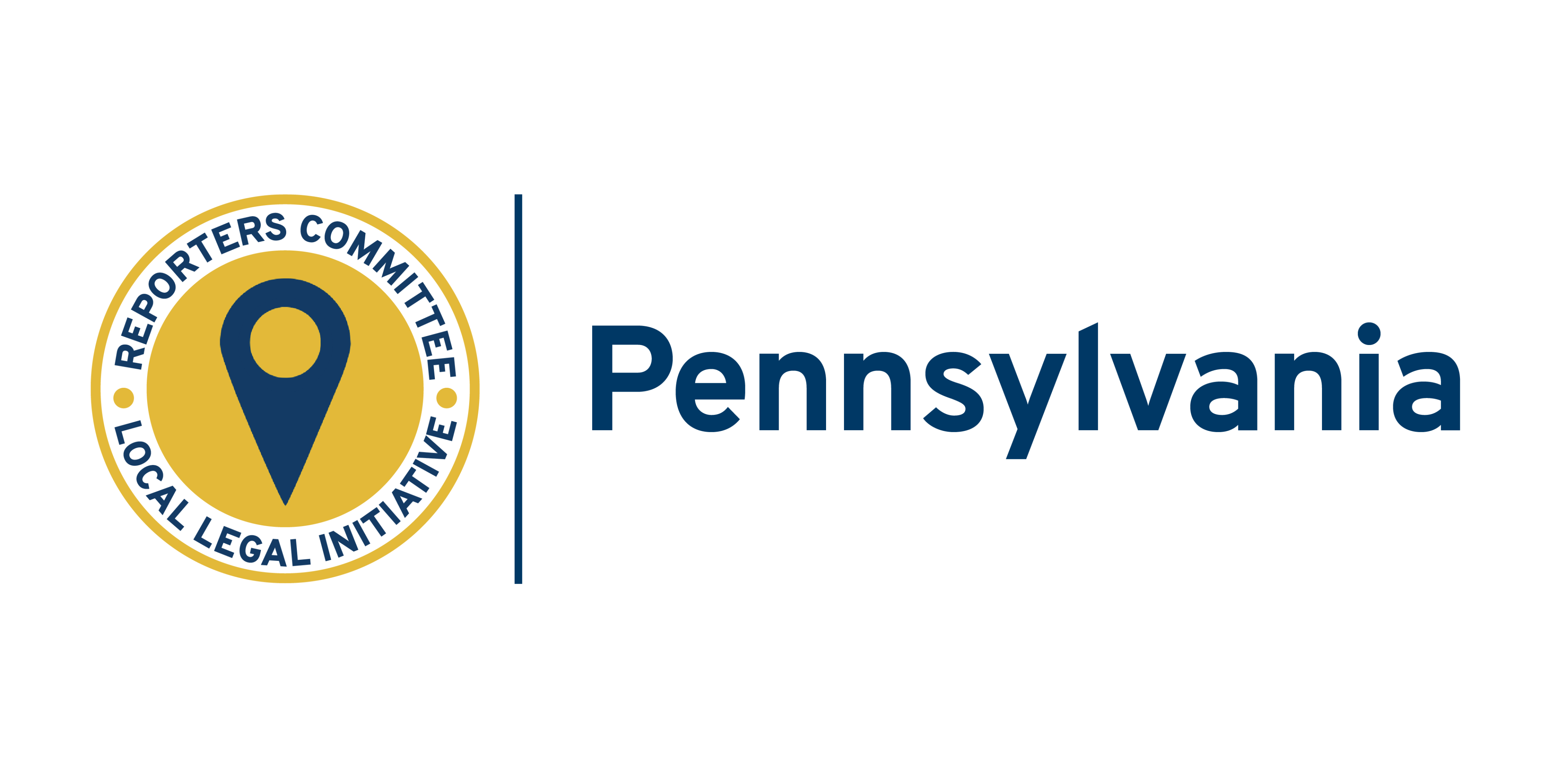RCFP’s local attorney in Pennsylvania discusses the fight to access settlement agreements

Earlier this month, a federal district court in Pennsylvania rejected an attempt to block the press and public from accessing a settlement agreement a Williamsport police officer reached with other police officers he accused of retaliating against him for participating in union activities.
The court concluded that the agreement is not confidential, siding with arguments made by attorneys for the Reporters Committee for Freedom of the Press and Obermayer, Rebmann, Maxwell, and Hippel LLP, who represented The Patriot-News/PennLive in its effort to challenge the attempted sealing of the document. Once the record was made public, the newspaper was able to report that the officer who brought the lawsuit received $150,000 to settle the legal dispute, a sum paid by the city’s insurer.
The court’s ruling is the latest of several cases in which local journalists and newsrooms in Pennsylvania have successfully fought to access settlement agreements with free legal support from Paula Knudsen Burke, the Reporters Committee’s Local Legal Initiative attorney in the state.

In two separate cases, for example, Burke helped local newspapers in York County and Bucks County unseal records that revealed that a prison medical contractor paid hundreds of thousands of dollars to settle wrongful-death lawsuits filed by the estates of inmates who died in custody. And in a case out of Philadelphia, Burke helped The Philadelphia Inquirer obtain less-redacted versions of settlement agreements the city’s transit agency reached with six former employees.
Burke’s efforts to help journalists and newsrooms access these settlement agreements has become an important part of the Reporters Committee attorney’s broader body of legal work seeking to bring greater transparency and accountability to government agencies and court systems.
We recently spoke with Burke to learn more about why accessing settlement agreements is a priority for the Pennsylvania Local Legal Initiative and what arguments she’s making on behalf of journalists and newsrooms to overcome the pervasive culture of secrecy often keeping these documents hidden from the public. (This interview has been edited for length and clarity.)
What is it about these settlement agreements that make them worth pursuing in court?
Settlements that are filed with the court or that the court has participated in bringing to fruition are really important because they’re part of the court record, and court records in Pennsylvania and elsewhere in the country are subject to constitutional access requirements. So, to have a settlement that is sealed means that the public is excluded from understanding an important part of the life cycle of the case.
The cases we’re involved in concern government entities or government employees, so this is taxpayer money that’s been expended for purposes of settling a case. It’s really important that taxpayers aren’t cut out of understanding where their money is going. Sometimes the settlement agreements have terms in addition to monetary terms. It might say that the former employee is barred from coming back to government employment, or other circumstances. So being able to access these settlements is about accountability, both in terms of taxpayer money and to understand how the government is operating.
A few of these cases have focused on settlements related to jails and prisons. What makes these cases especially important?
The folks who are being held in county prisons are vulnerable. They’re not able to leave, and taxpayers have a responsibility to make sure that they’re being treated fairly and in a constitutional manner. Some of these settlements are geared toward hiding deficient treatment of people who are incarcerated. There aren’t a lot of eyeballs on prison conditions beyond public interest groups who represent inmates; so the press, standing in the shoes of the public, is able to assess not just how things are going at a prison — is there a deficiency? — but also, are there patterns?
Why is it that these settlements and other similar records are so hard for the public to access?
I think it has a lot to do with Pennsylvania’s long culture of secrecy, and it is also woven into our court system. We see times where lawyers are telling a judge, “Hey, both parties agree you should seal this case,” and the judge does it, sometimes without even thinking about the ramifications of sealing. I think there’s a lot of education that we can do with the public, press, journalists, and lawyers to say, you know, your starting point isn’t secrecy. Your starting point with court records is the constitutional right of access, and only in limited circumstances should we be narrowing the public’s ability to see these records. I think it’s just a continuing battle here in Pennsylvania and something that has been a long-held position for government officials from all different agencies and entities, including the judicial system.
What are key arguments you’ve made in these cases concerning the unsealing of court records, including settlement agreements?
We have really strong bases for access. Number one, the U.S. Constitution; number two, the Pennsylvania Constitution; and number three, the common law, which has extended from old England into today’s jurisprudence. We write about that in all of our unsealing cases. If you don’t find access under the state or federal constitution, then you should look to the common law. There are three different ways to get a court record available to the public, and it’s very rare that the case or document isn’t found to be public under constitutional or common law rights of access. It’s not uncommon for two to kind of merge into each other, but the main argument that we’re making in either forum is that the starting point here is access. The starting point should not be limitation or shielding the document. But that’s unfortunately what we end up seeing.
It’s like these PrimeCare Medical cases. The records are entirely withheld or shielded. It’s frustrating that we have to keep going after them. But luckily we have been working alongside the Cornell Law School First Amendment Clinic, and they have brilliant students who are willing to put in the work and the research. If we have to, we’ll just keep going after them piecemeal, one by one. And hopefully, at some point, there’s a recognition that, oh gee, maybe we should just let these things be public.
How do you think these victories might help shape the law around public access to settlement agreements in Pennsylvania?
The law is already good, but in practice, too often lawyers are convincing or urging a judge to seal and a judge will do that. I think bringing attention to these improperly sealed settlement agreements is helpful for everyone involved: the public, the press, lawyers and judges, to bring the needle back to the place where we should be — transparency, not secrecy — as a starting point. I think it’s an educational effort.
The Reporters Committee regularly files friend-of-the-court briefs and its attorneys represent journalists and news organizations pro bono in court cases that involve First Amendment freedoms, the newsgathering rights of journalists and access to public information. Stay up-to-date on our work by signing up for our monthly newsletter and following us on Twitter or Instagram.